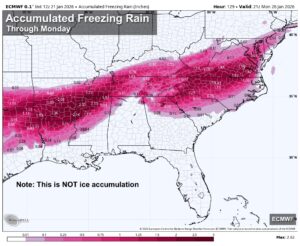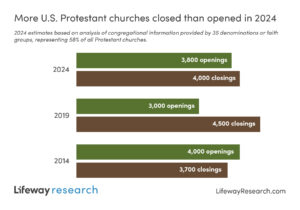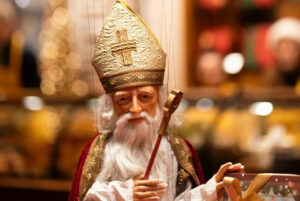NASHVILLE (BP and local reports) — The U.S. Supreme Court heard oral arguments Jan. 18 in the appeal of Shurtleff v. Boston, a case that Southern Baptists’ Ethics and Religious Commission (ERLC) considers a key First Amendment case before the court this term.
What is this case about?
The City of Boston manages three flagpoles in front of City Hall. Typically, those flagpoles fly the American flag and the POW/MIA flag on one flagpole, the Commonwealth of Massachusetts flag on the second, and Boston’s own local flag on the third.
The city occasionally, upon request and approval, will fly another flag for a brief period of time rather than Boston’s flag, typically in conjunction with an event happening at City Hall.
In 2017, Harold Shurtleff through his organization, Camp Constitution, petitioned to host an event at Boston City Hall, raise a Christian flag, and have members of the clergy speak about the religious history of Boston, the Commonwealth of Massachusetts, and the U.S. Constitution.
The city denied Camp Constitution’s request to fly the Christian flag.
“For the twelve years preceding Camp Constitution’s request, from June 2005 through June 2017, the City approved 284 flag raising events, with no record of a denial,” said Gregory T. Rooney, Commissioner of Boston’s Property Management Department, who reviews the requests and ultimately decided to deny Camp Constitution’s request because “we didn’t have a past practice of allowing religious flags, and we weren’t going to allow this flag raising.”
Following the denial, Camp Constitution sued the City of Boston claiming a violation of the organization’s First Amendment rights. Both the district court and U.S. Court of Appeals for the First Circuit have ruled in favor of the City.
Why is this case important?
This case has the potential to further limit the scope of the Establishment Clause and may have implications for religious speech at other limited public forums such as schools, city halls, and public libraries.
As noted by Becket Law, which is headquartered in Washington, D.C., and described on the organization’s website as a “non-profit, public-interest legal and educational institute with a mission to protect the free expression of all faiths,” Boston’s city officials “have an outdated understanding of the Establishment Clause [that] often ban[s] religious elements from the public square simply because they are religious.
“This error isn’t limited to Boston. For years, government officials (with approval from lower courts) have been censoring religious expression from the public square in fear of violating the Constitution. Many mistakenly think that exclusion of religion is the safest option.
“This mistake goes beyond a flagpole — similar reasoning has been used to prohibit religious groups from advertising on trains and buses, exclude religious schools from generally available funding programs, and even deny FEMA aid to churches and synagogues damaged by hurricanes.”
This case presents the Supreme Court with an important opportunity to affirm the First Amendment rights of religious organizations and clarify understanding of the Establishment Clause of the U.S. Constitution.
How are Southern Baptists involved?
The ERLC joined an amici curiae, also known as a friend of the court brief, on Nov. 22 of last year that asks the Supreme Court to rule in favor of Camp Constitution. The brief argues that the City of Boston is violating the Free Exercise Clause and Establishment Clause and is wrongly discriminating against the speech of a religious organization.
Liberty Counsel, which according to its website is a nonprofit ministry in Orlando, Fla., that operates a pro bono litigation program providing assistance and representation involving religious freedom, the sanctity of life and the family, is representing Camp Constitution.








